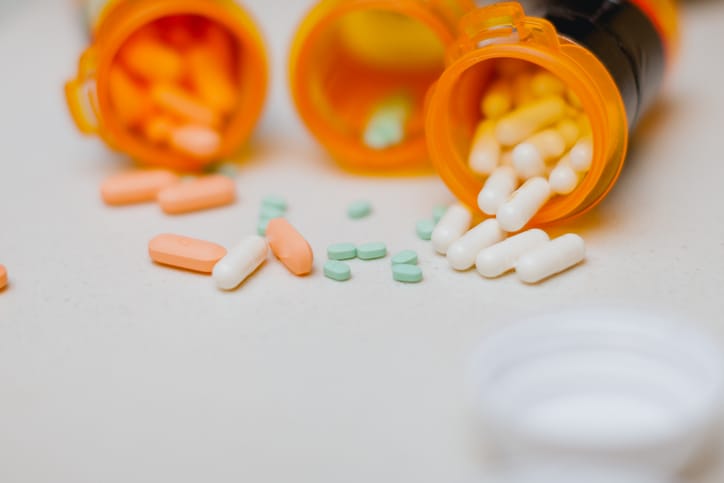In my early adult years, I watched my friends do anything and everything they wanted. I was desperate to keep up, worried that I would miss out. We would go out every weekend, and hang out after school; there really wasn’t much downtime. I figured that the aches, pains and exhaustion I felt were just a part of life that no one really talked about, and that I needed to learn to live with it.
Years spent fighting exhaustion
As the years went on, I was in awe of the people around me who got up everyday and went to work, came home and made dinner and cleaned the house. Having energy to do all of that in one day was (and still is) unfathomable to me. There were many times when I even questioned if I was just a lazy person. I began to believe that I was the problem. Unfortunately, this is a thought this sometimes creeps back in, even since being diagnosed.
I pushed myself so hard my body had a really hard time keeping up, and I was making myself more sick. Sometimes I do still push myself, but my body is always very quick to remind me of my limits. It remains frustrating, but I know from experience that listening to my body in that moment is the only thing that I can do to avoid making things worse.
When I got my diagnosis of systemic mastocytosis (SM), it was almost like a sigh of relief. By no means whatsoever was I grateful — I would give anything to not be burdened by this illness. But it was reassurance that everything I felt and all my symptoms weren’t just in my head. It meant that I could finally rest, and not feel guilty about it.
But then things took a turn that I could never have imagined.
Battling more than indolent SM
As soon as my diagnostic process began, I was put on a ton of medications and thrown like a hot potato between specialties in the medical system. All the medications were prescribed within a few months of each other, and always at the maximum dose. There seemingly was no thought to ease into it and see what worked and what didn’t. I got to a point where I was taking 27 pills per day, and no one seemed to be weighing the consequences. Doctors were (and sometimes still are) giving me contradictory information, leaving me with more questions than anything else. From one appointment to the next, the same doctor would give me different advice and a different protocol to follow.
I found that taking so many pills in a day was mentally taxing. Refilling my pill containers on a weekly basis fueled my depression, to the point where I was showing my parents how to do it so I could be relieved of some of the angst it caused.
About six months after my official diagnosis, I began imatinib treatment. Imatinib, being a targeted cancer drug, is relatively aggressive, and the choice to begin the treatment is not one that I made lightly.
At my second monthly follow up after beginning the treatment, my hematologist-oncologist told me that she had finally taken the time to read my file properly, and that she was no longer convinced that this treatment was the right path for me.
That was the day that I began to realize that the medical system was not on my side.
When my diagnosis became official, I was prescribed calcium and vitamin D supplements, as it was part of the protocol. I had been taking the vitamin D supplement for a year and a half before any doctor actually bothered to check my levels. When they did, we discovered that my levels were toxic. I immediately stopped taking the supplements, but still live with toxic levels of vitamin D, even almost two years later.
Stress is a huge factor in mastocytosis, and the stress that my doctors have caused is something I can’t forgive. At times it has been unmanageable. I firmly believe that this stress made a huge contribution to an increase in flares, and overall lower quality of life.
I did end up changing hematologists, and one of the first actions my new doctor took was to slowly take me off almost all of the medications I was on. This sounds counter-intuitive, but now after just about a year of no longer taking antihistamines on a regular basis, I can see that I have more energy and no real increase in symptoms.
While I’m relieved that there is a reason for how I feel in my body, I feel betrayed by the medical system. Living with these conflicting perspectives is a battle that I fight every single day.
Sign up here to get the latest news, perspectives, and information about SM sent directly to your inbox. Registration is free and only takes a minute.


